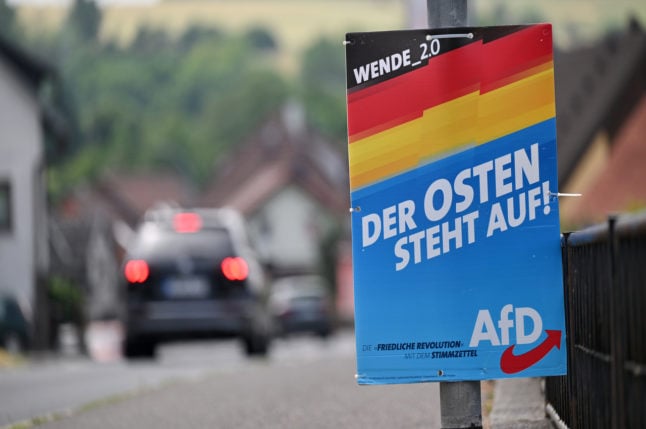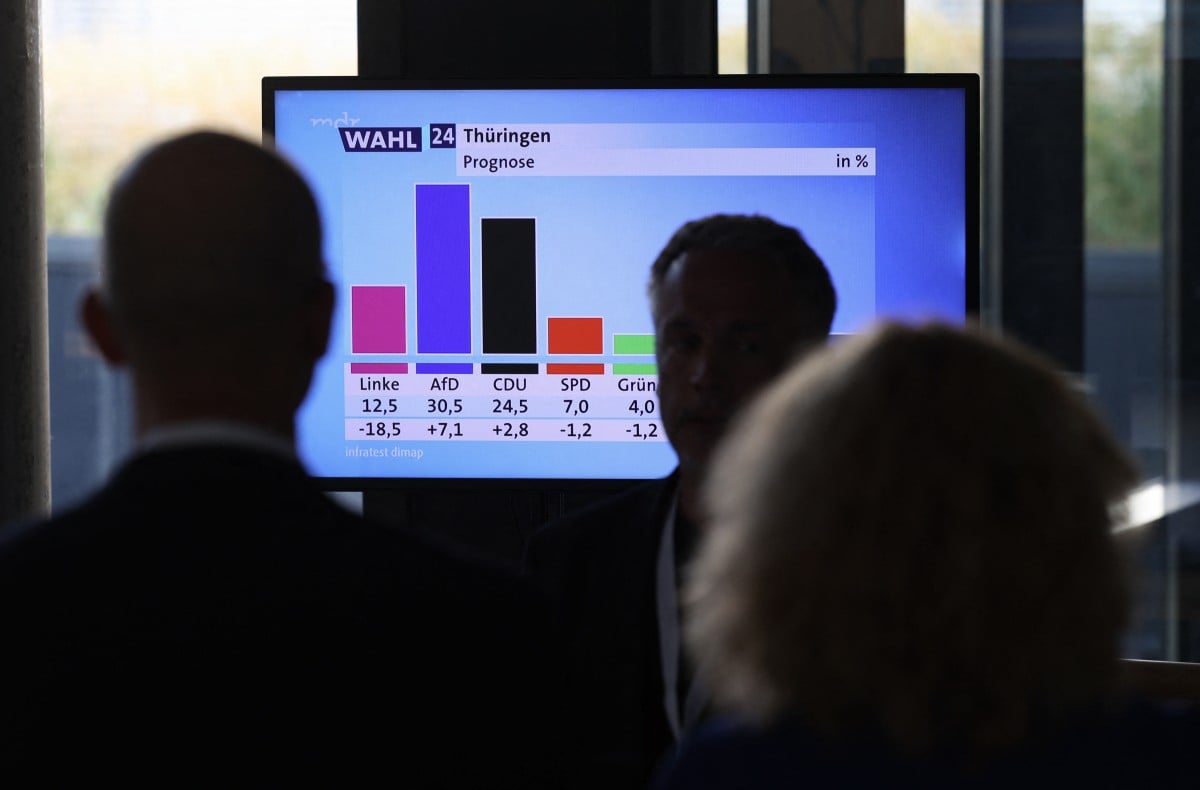Germany received broad praise for its robust human rights record during the review at the United Nations in Geneva but faced unusual levels of criticism, especially on its position on the war in Gaza.
Egypt’s representative Ahmed Moharam said Cairo “deeply regrets the unfavourable positions taken by Germany vis-a-vis the rights of the Palestinian people”, while Jordan’s representative slammed the country’s “unbalanced positions”.
Turkey urged Berlin to “halt the provision of any military material or equipment to Israel that may be used in the commission of war crimes and crimes against humanity”.
The war began after Hamas militants on October 7th carried out the deadliest attack in Israel’s history, killing 1,400 people in Israel, mostly civilians, and taking 240 hostages.
Israel has responded with relentless bombardment and a swelling ground offensive in Gaza, killing nearly 10,600 people, mainly women and children, according to the territory’s Hamas-controlled health ministry.
READ ALSO: German Justice Minister calls to ban anti-Semites from becoming German citizens
During Thursday’s so-called Universal Periodic Review (UPR) — which all 193 UN countries must undergo every four years — Germany reiterated Israel’s right to defend itself.
“Israel’s security and right to exist are not negotiable for Germany,” said Luise Amtsberg, the commissioner for human rights policy and humanitarian assistance and head of its delegation.
The review was taking place on the 85th anniversary of the Nazi Kristallnacht pogrom, which foreshadowed the Nazi slaughter of six million European Jews during World War II.
“The protection of Jewish life and our commitment to ‘never again’ is non-negotiable,” Amtsberg said, voicing concern over swelling anti Semitic acts in the past month.
“Jews no longer feel safe,” she told the gathering. “We cannot accept this.”
She stressed that “people in Germany are also justifiably worried about the civilian population in Gaza and the Palestinian territories”.
Israel’s representative Adi Farjon hailed “steps taken by Germany, both nationally and multilaterally, to address the scourge of anti-Semitism”.
But many countries questioned some of the measures taken in the name of fighting anti-Semitism, in particular bans on pro-Palestinian protests.
PODCAST: Why is Germany coming down hard on Palestine solidarity protests?
Qatar’s representative voiced concern at “sanctions and measures taken against demonstrators in Germany for supporting (people) in Gaza”, while Lebanon urged Berlin to “uphold and protect the right to freedom of expression and assembly of its citizens”.
Amtsberg insisted that “everyone in Germany has the right to express his or her opinion freely and to demonstrate peacefully” but added: “there is a limit in connection with criminal acts: terrorism may not be celebrated”.




 Please whitelist us to continue reading.
Please whitelist us to continue reading.
Member comments